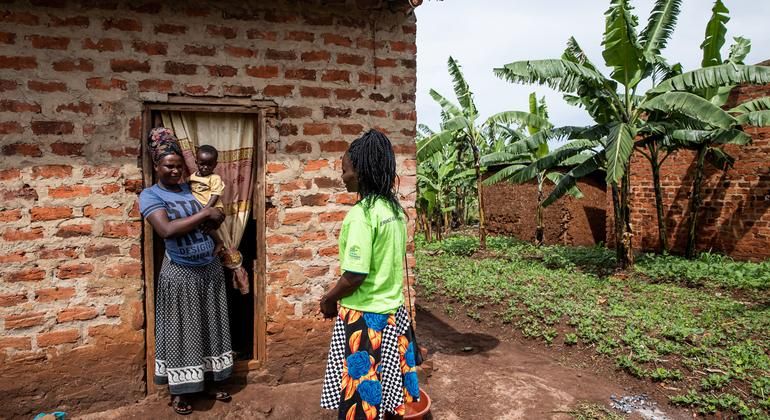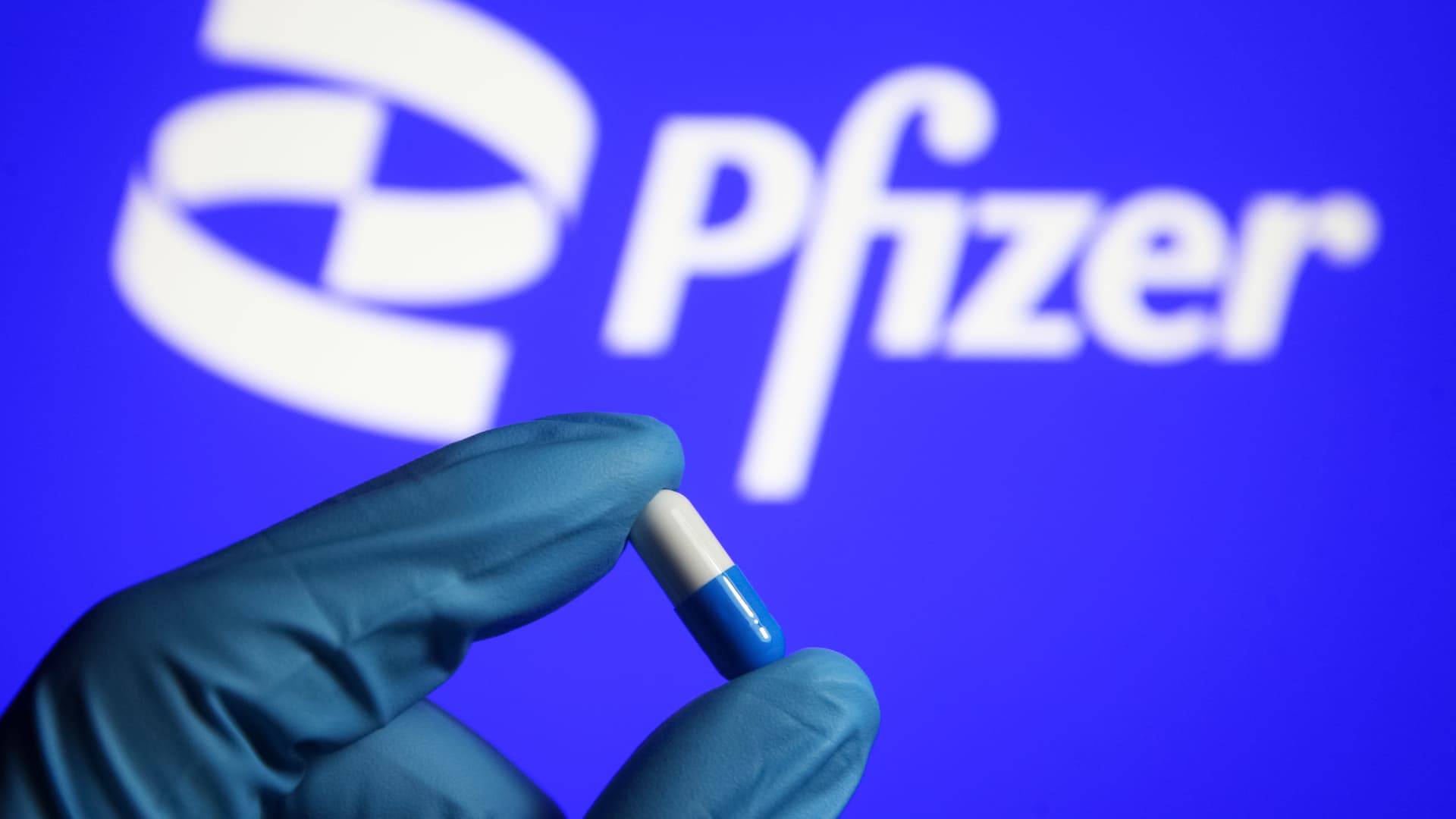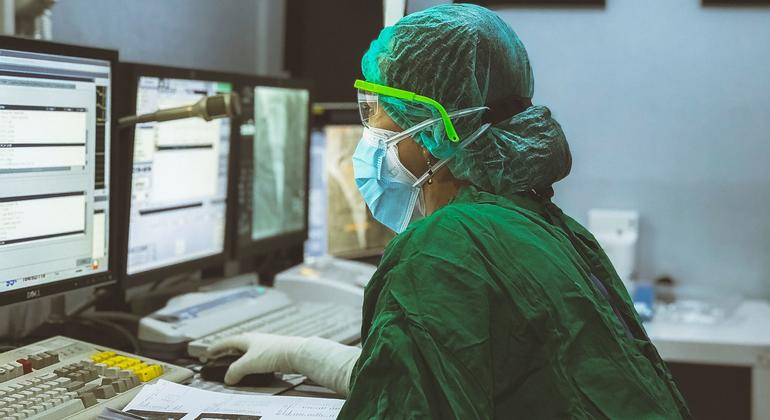The report details how this debt crisis is jeopardizing progress towards ending AIDS in sub-Saharan African countries, which account for a significant majority of people living with HIV globally. 25.9 million people out of a total of almost 40 million.
If debt repayment and budget constraints are not addressed in the next three to five years, countries “will not have sufficient resources to finance their HIV responses,” according to the UN agency’s report.
Other data show that “the region’s success in reducing new HIV infections by 56 percent since 2010 will not be sustained if fiscal space is limited.”
Sovereign debt payments now exceed half of government revenues in Angola, Kenya, Malawi, Rwanda, Uganda and Zambia.
UNAIDS said that even after debt relief measures, Zambia will remain in a crisis… more than two-thirds of its budget for debt service between 2024 and 2026.
UNAIDS Executive Director Winnie Byanyima said that “public debt must be… Poverty must be urgently reduced and domestic resource mobilization strengthened to enable the fiscal space needed to fully finance the global response to HIV and end AIDS..”
Debt service
Ms Byanyima noted that global health security is at risk when countries are unable to meet health care needs due to debt repayments.
This has been evident in West and Central Africa, where there has been a Significant decline in HIV response spending since 2017.
A press release based on the report reveals that West and Central Africa will need to mobilize $4.18 billion to fully fund the HIV response by 2024.This figure will rise to $7.9 billion by 2030 unless efforts are stepped up today. to stop new HIV infections.”
It was noted that $20.8 billion was allocated for the HIV response in 2022 in low- and middle-income countries through different grants, but it was not enough to effectively finance the HIV response.
To fully meet HIV-related needs by 2024, eastern and southern Africa needs $12 billion, rising to $17 billion by 2030 unless new HIV infections decline.
Necessary measures
The UNAIDS report notes that sub-Saharan African countries need to strengthen their tax systems and see an increase in financial donations to gather more domestic resources to respond effectively to their “pandemics.”
UNAIDS Executive Director Ms Byanyima said: “World leaders cannot allow resource shortages to derail global progress towards ending AIDS as a public health threat by 2030.”
Young activists head to New York
The UNAIDS chief said young people are playing an active role in driving progress in the HIV response.
UNAIDS has partnered with two social media influencers living with HIV from Kenya and South Africa to attend the Future Summit and the United Nations General Assembly meetings in New York to urge leaders to invest in health systems and services that support young people living with HIV.
Kenyan youth HIV activist Jerop Limo said: “I want leaders to leave New York knowing that we are not beneficiaries, we are equal rights holders..”
“We want meaningful and ethical participation of adolescents and young people in all areas of the response to AIDS,” he continued.
South African advocate Ibanomonde Ngema said meetings will not be enough to end AIDS: solutions need to be involved.
Young people living with HIV play a vital role in the fight against AIDS in communities.
Including us in the conversation
“The world can only benefit when young people are included in the global response to HIV,” said Ms Ngema.No conversation about HIV should happen without us, from policy to practice in communities..”
As young people living with HIV also face stigma and discrimination, including from doctors, they will be lobbying world leaders at the General Assembly to “uphold the human rights of young people as key to ending AIDS as a public health threat.”











